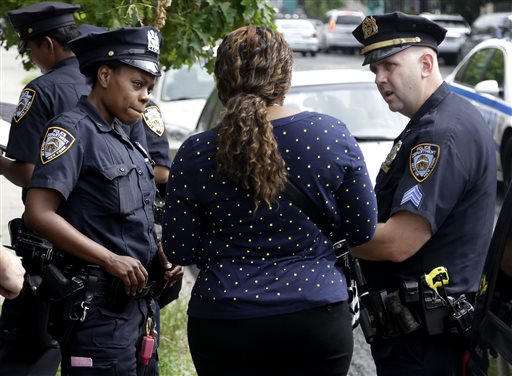Appeals process begins in stop-and-frisk, related cases

Stop and Frisk_Lieb (3).jpg
New York City officials have taken the first step in appealing a federal judge’s ruling imposing reforms on the police department’s stop-and-frisk strategy after finding that the policy intentionally singled out minorities.
The city Law Department filed a notice of appeal Friday in U.S. District Court in Manhattan.
“We have moved ahead with our formal filings,” said Michael A. Cardozo, head of the city Law Department. “The mayor, the police commissioner and the city vowed to press forward immediately with an appeal — and we have done so. The safety of all New Yorkers is at stake.” City lawyers now have about three months to file the formal brief.